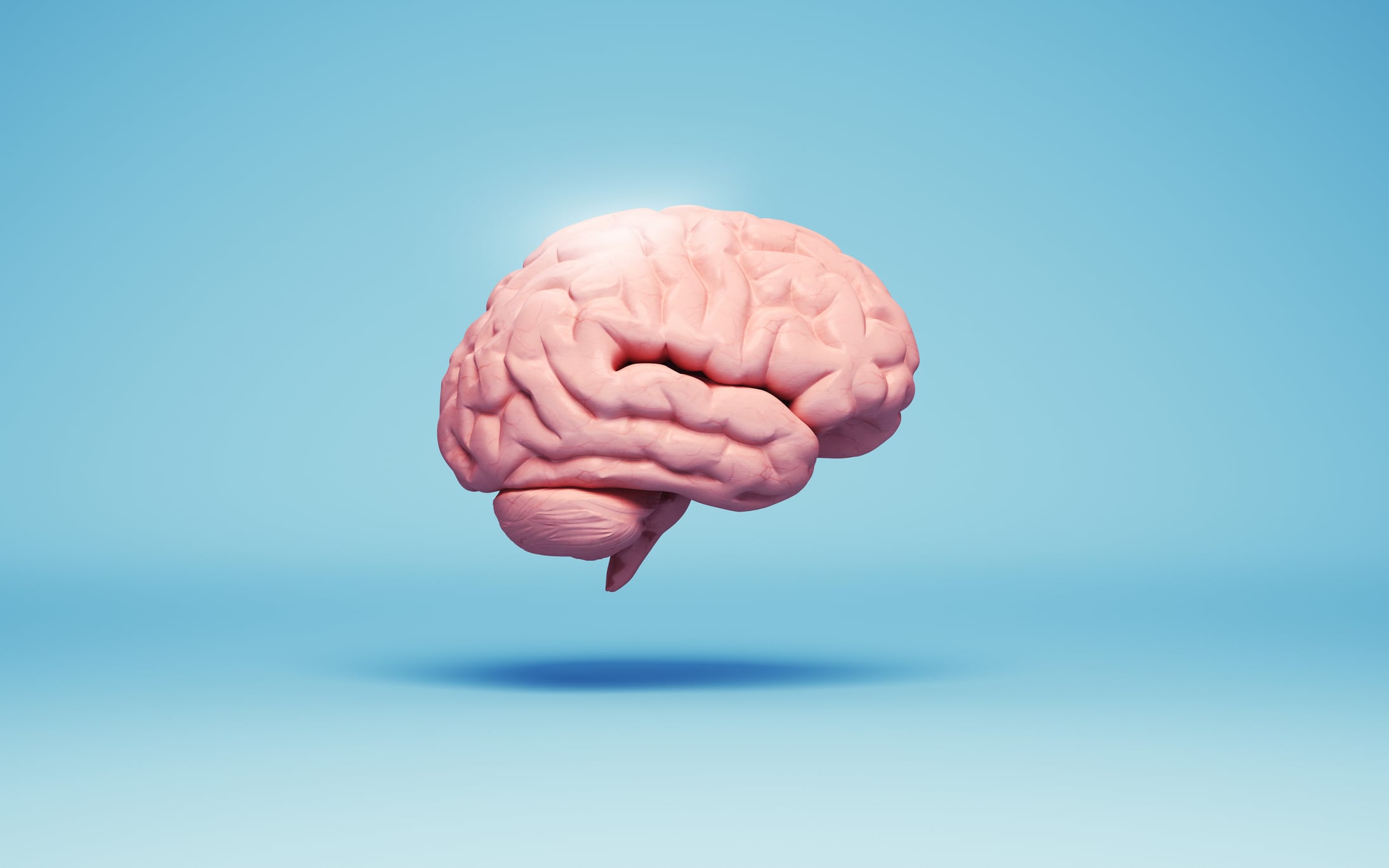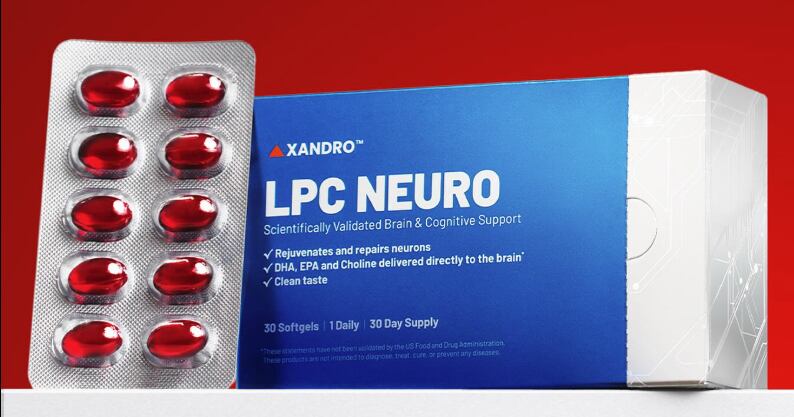The intervention also raised blood serotonin, the neurotransmitter 5-HTP helps produce. However, anxiety scores and Alzheimer’s-linked blood proteins did not change.
The study enrolled 30 adults with a mean age of 66 to 67. Participants were randomized to 100mg 5-HTP nightly or no 5-HTP.
After 12 weeks, the 5-HTP group improved their Montreal Cognitive Assessment (MoCA) total score by about one point (from 26.6 to 27.6 out of 30), a statistically significant within-group change.
The control group showed no meaningful shift.
Serum serotonin rose in the 5-HTP group and fell slightly in controls.
Depressive symptoms, measured by the Geriatric Depression Scale (GDS), dropped at week eight in the 5-HTP arm. The Geriatric Anxiety Inventory (GAI) did not move in either group.
How the trial worked
Participants either took 100mg 5-HTP 20 to 30 minutes before bedtime or did not take it at all.
The dose mirrored prior human studies using 50mg to 200 mg for mental health and body composition outcomes, and aimed to balance potential benefit with a low risk of adverse effects.
The intervention ran for 12 weeks, with visits every four weeks.
Cognitive performance was assessed using MoCA, a 10-minute screening tool that covers attention, executive function, memory, language, visuospatial skills, calculation, abstraction and orientation.
Depressive symptoms were measured with the 15-item GDS and anxiety with the 20-item GAI—both designed for older adults and scored with simple yes/no or agree/disagree responses.
Fasting blood was drawn at baseline and week 12. The lab quantified serum serotonin and plasma amyloid beta 40 and 42 (Aβ40, Aβ42), proteins linked to Alzheimer’s pathology in at-risk or diagnosed populations, plus gamma-aminobutyric acid (GABA), an inhibitory neurotransmitter that helps regulate neuronal activity.
The trial was registered on clinicaltrials.gov and approved by the NUS Institutional Review Board.
What changed — and what did not
Overall thinking and memory scores (measured by the MoCA test) improved over time in everyone who took part, but the biggest change happened in the group taking 5-HTP.
On average, their scores went from 26.6 to 27.6 points after 12 weeks — a meaningful increase. The control group’s scores rose slightly, from 26.4 to 27.3 but that change was too small to be considered significant.
Some specific skills on the MoCA test — like naming, language and reasoning — also improved over time. These areas are often linked to how serotonin supports brain functions involved in communication and problem solving.
In practical terms, a one-point gain on the MoCA test is fairly small. In people recovering from stroke, small score increases like this have been tied to better daily functioning but for healthy older adults, it’s not clear what amount of change truly matters.
The researchers suggested interpreting the results carefully, since taking the same test more than once can naturally lead to small improvements simply from practice.
In terms of mood, those who took 5-HTP showed fewer symptoms of depression after eight weeks, though by week 12, the difference between groups was no longer statistically clear.
Anxiety levels did not change. This pattern makes sense because serotonin is more strongly linked to mood and depression, while anxiety is influenced by other brain systems.
Blood tests showed that serotonin levels increased noticeably in the 5-HTP group and dropped slightly in the control group. Other blood markers related to Alzheimer’s risk and GABA did not change.
Only a small number of participants had data for these measures, so the researchers could not draw firm conclusions. They also pointed out that blood serotonin did not directly reflect brain levels, though it might give some clues about broader changes in serotonin production.
The treatment appeared to be safe. One person in the 5-HTP group stopped because of increased appetite, but no other side effects were reported.
Overall, the nightly 100 mg dose of 5-HTP was well tolerated during the 12-week study.
Limits that temper the findings
The trial was small, short and single-blinded. The control group also did not receive a placebo capsule, which raises the risk of expectation effects.
Repeated cognitive testing can improve scores due to familiarity with tasks. The population was cognitively healthy at baseline, leaving limited headroom for improvement and restricting generalisation to people with mild cognitive impairment or dementia.
Statistical power was calibrated to detect changes in serotonin based on animal data, not small shifts in MoCA or mood scales in healthy seniors.
Several biological measures (notably Aβ) were available only in a subset, which curbed interpretability.
Additionally, lifestyle factors beyond diet — such as physical activity and social engagement — that can shape cognition and mood were not tracked.
Therefore, the researchers recommended larger, longer, placebo-controlled studies that included more sensitive endpoints and ideally, neuroimaging or cerebrospinal fluid measures to map central serotonergic changes.
Final thoughts
This Singapore pilot adds early human evidence that nightly 100mg 5-HTP can nudge up cognitive screening scores and ease depressive symptoms over eight to 12 weeks in healthy older adults, while increasing circulating serotonin.
However, anxiety did not change, and Alzheimer’s-related blood proteins and GABA stayed flat.
For academics and R&D leaders, the signal justifies follow-up with rigorous, adequately powered, placebo-controlled studies that include clinically meaningful endpoints and central measures of neurotransmission.
For manufacturers and suppliers, the results support cautious positioning of 5-HTP in healthy ageing platforms, with a focus on gentle cognitive support and mood maintenance rather than disease modification.
The researchers concluded: “This finding highlights the promising effect of 5-HTP as an accessible complementary supplementation to promote cognitive function and mental health in the ageing population, though further studies with a larger sample size and more sensitive tools are warranted to confirm its efficacy in the long term and in broader populations.”
Source: Nutrients. 2025, 17(17):p 2773. doi: 10.3390/nu17172773. “The Impact of 5-Hydroxytryptophan Supplementation on Cognitive Function and Mood in Singapore Older Adults: A Randomized Controlled Trial.” Li Shuqi, et al.



